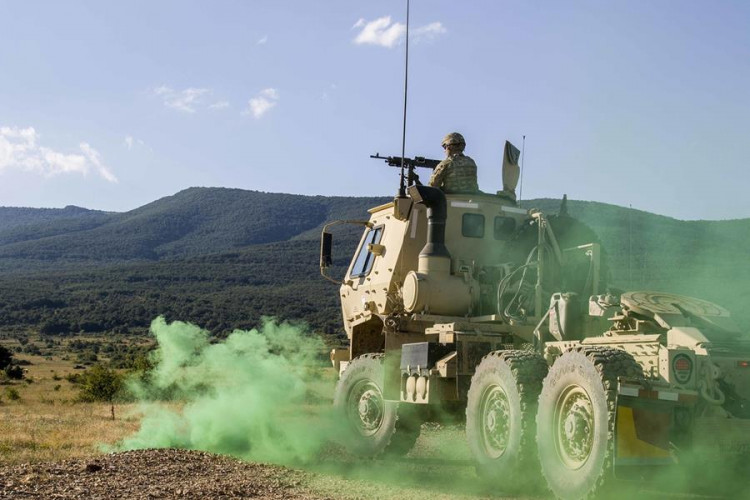As Russia continued its onslaught in the eastern Donbas region on Sunday, Ukraine stated that it will not agree to a ceasefire agreement that includes the surrender of territory.
"The war must finish with the entire restoration of Ukraine's territorial integrity and sovereignty," tweeted the chief of staff to Ukraine's president, Andriy Yermak.
The Polish president, Andrzej Duda, told MPs in Kyiv that the international community must demand Russia's complete withdrawal and that giving up any portion of Ukraine's land would be a "massive blow" to the west.
Duda remarked, in the first address to the Ukrainian parliament by a foreign leader since Russia's incursion on February 24, that "worrying voices" have emerged calling for Ukraine to accede to Putin's demands. "Only Ukraine has the authority to determine its own future," he declared.
Mykhailo Podolyak, the chief negotiator for Ukraine in the delayed peace negotiations, said on Saturday, "Any surrender to Russia is not a path to peace, but rather a war postponed for several years. Ukraine does not exchange its sovereignty, lands, or its people."
A few hours earlier, the president of Ukraine, Volodymyr Zelenskiy, had indicated that his government was willing to resume discussions with Russia so long as Moscow did not kill Ukrainian forces defending the Azovstal steelworks in Mariupol.
Following calls for an immediate ceasefire from the U.S. defense secretary, Lloyd Austin, and the Italian prime minister Mario Draghi, Podolyak made it clear that Ukraine would not accept any deal with Russia that involved ceding territory, and that agreeing to a ceasefire now while making concessions to Russia would backfire on Ukraine because "Moscow would strike harder after any break in fighting."
Russian soldiers intensified their bombing of Ukrainian frontline cities on Sunday, launching a massive push in one of the two Donbas provinces, Luhansk.
Russia's objective is to grab the remaining Ukrainian-held territory in the region and gain military momentum, having taken full control of the port city of Mariupol in what was perhaps Moscow's largest capture of the nearly three-month war.
Controlling Mariupol offers Russia possession of a land corridor connecting the peninsula of Crimea, which Moscow invaded in 2014, with mainland Russia and pro-Russian separatist-held areas of eastern Ukraine.
According to Ukrainian sources, shelling and missile strikes hit Kharkiv in northern Ukraine, Mykolaiv and Zaporizhia in the south, and eight civilians were killed on the eastern front in the Donbas.





